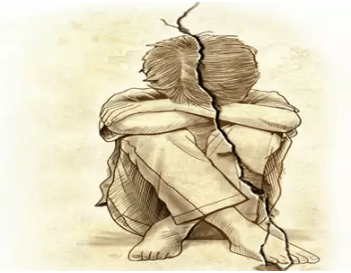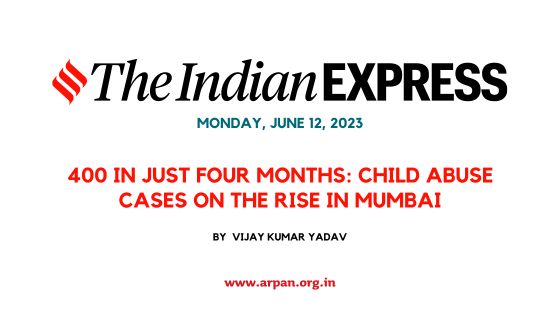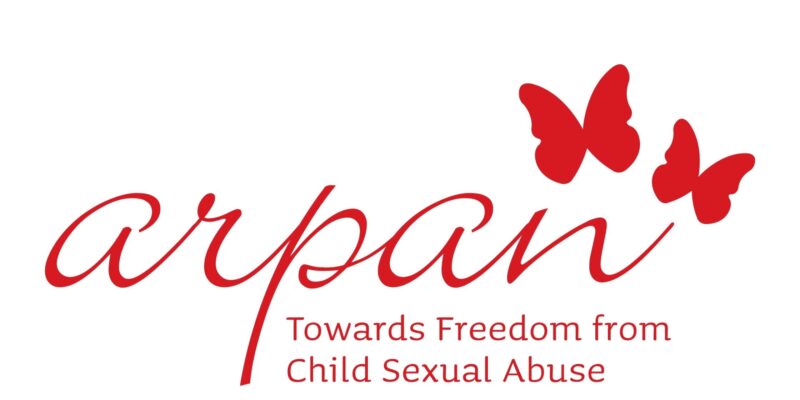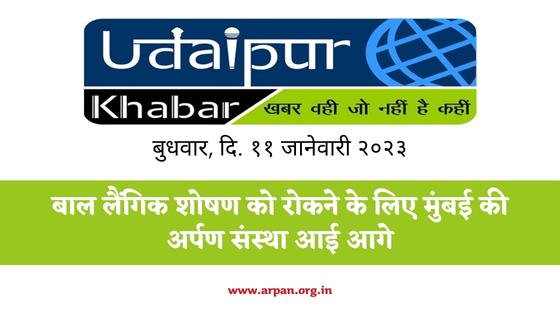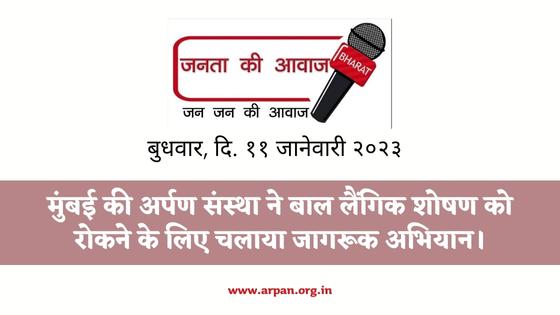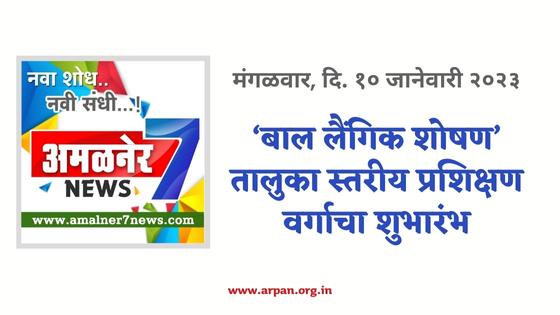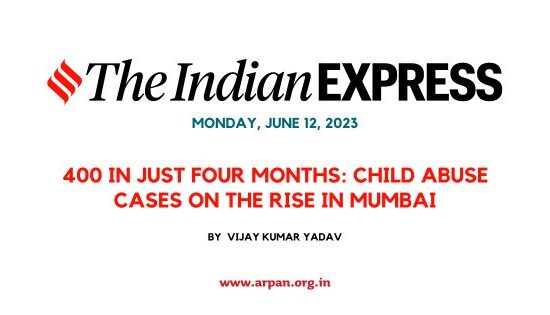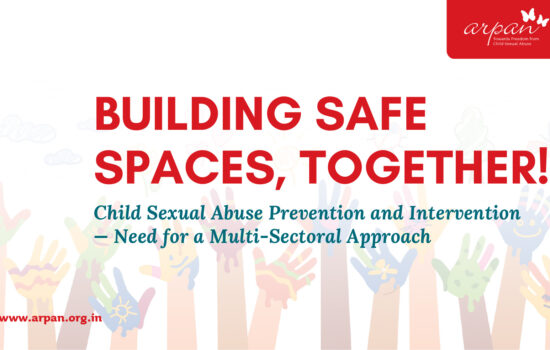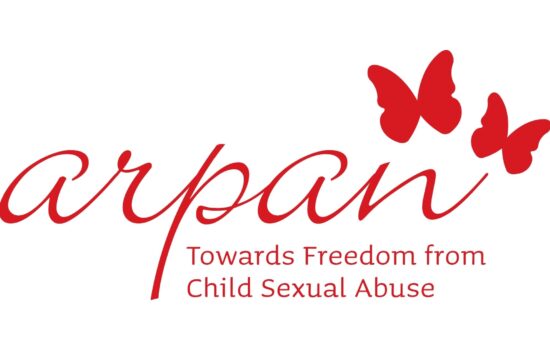Even as incidents of child sexual abuse (CSA) are frequently reported in the media, city parents continue to be unaware of the dangers, rights and redressal mechanisms found a recent survey. Of the 4,500 parents interviewed for the survey in Mumbai, a large majority – 80% believed that only girls can be sexually abused and 60% said they would not file a FIR in case of an incident in their child’s case.
The survey was conducted by the Early Childhood Association (ECA) and Podar Institute of Education using interviews and Google Forms and the percentages have been rounded off to the closest whole number. Among the respondent parents, 30% knew about the existence of laws against child sexual abuse and only 21% could name the POCSO Act.
Based on the responses, the association plans to chalk out awareness sessions in their affiliated schools to help create safe spaces for the children. “We have been doing similar surveys with parents since a few years and while there has been some increase in awareness about good touch and bad touch, the worrying aspect is that they are still unaware about the legal redressal available for them. We are hence reaching out to our schools across the country to hold workshops for schools authorities and parents. Schools are being made aware of their duties whenever a case is reported. We are also engaging parents on Facebook and WhatsApp groups,” said Swati Popat Vats, president, ECA.
Experts said that most often schools hold sessions on personal safety with the children but most of them aren’t speaking to the parents who are the primary caregivers. “Parents need to be made aware of how to identify signs of abuse in a child, they must be given skills and equipped with the legal know-how to help them help the child in case of abuse. This is a very critical link in prevention of child sexual abuse,” said Pooja Taparia, founder, Arpan, a NGO working against (CSA). The NGO recently launched a free e-learning platform – www.arpanelearn.com to provide interactive personal safety resources for children and reading material for caregivers.
The survey also found that most parents – 70% – believed that only children from the disadvantaged groups are at a risk of sexual abuse and 50% thought CCTV cameras in schools and homes could help keep the children safe. “CCTV cameras aren’t a deterrent. The focus must instead be on background verification of the staff employed,” said Vats.
Source : The Times Of India

